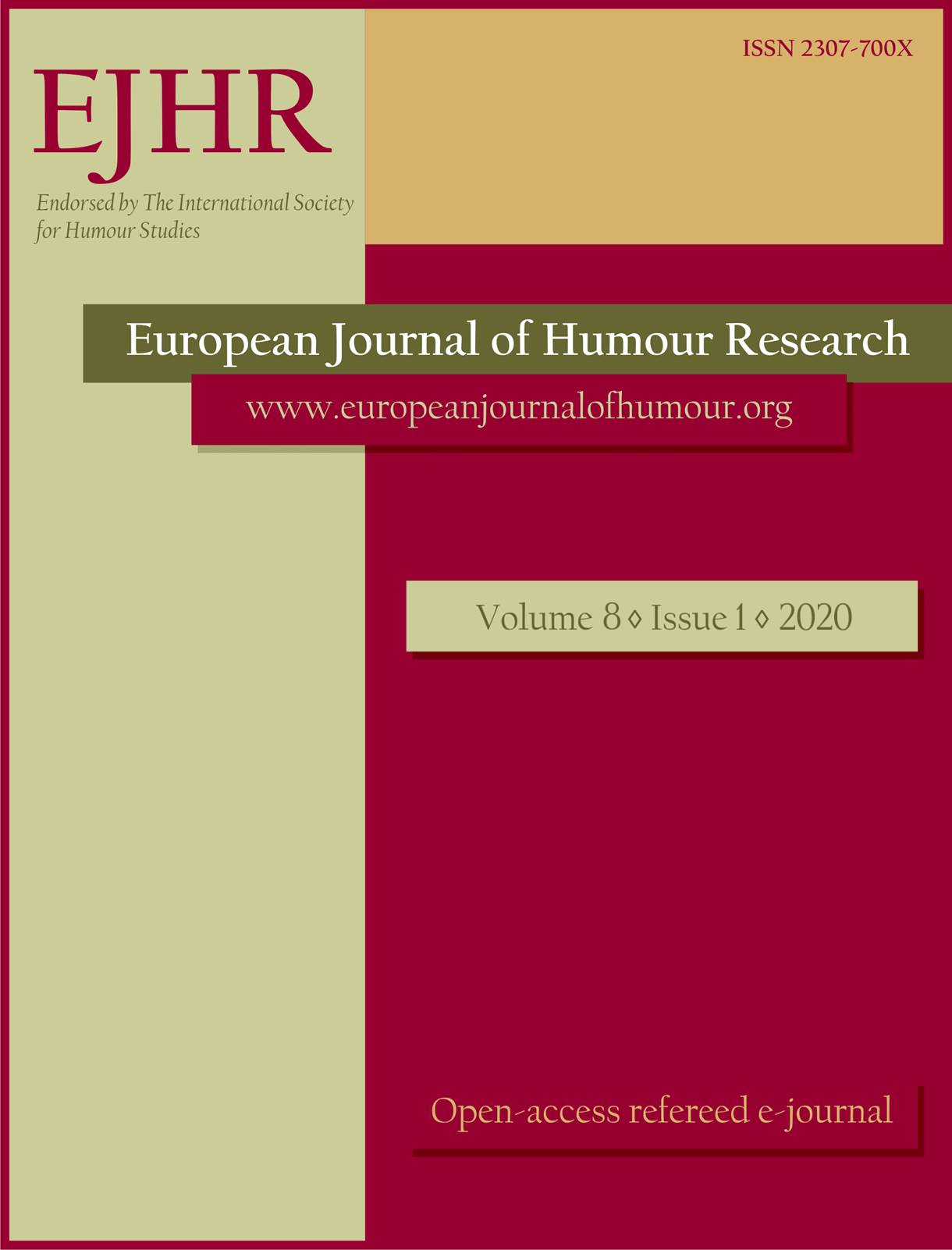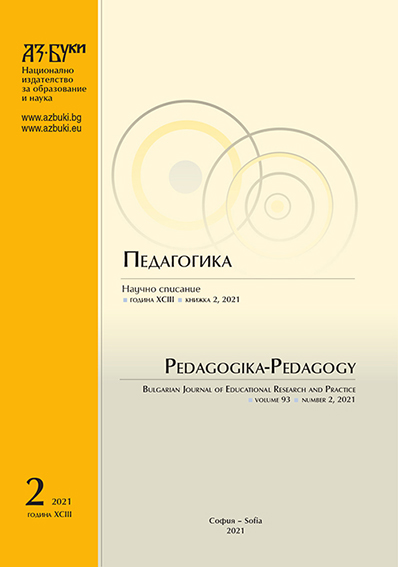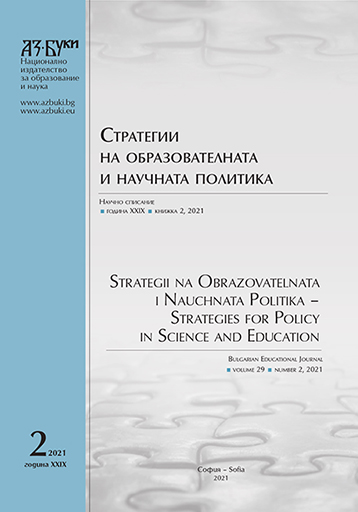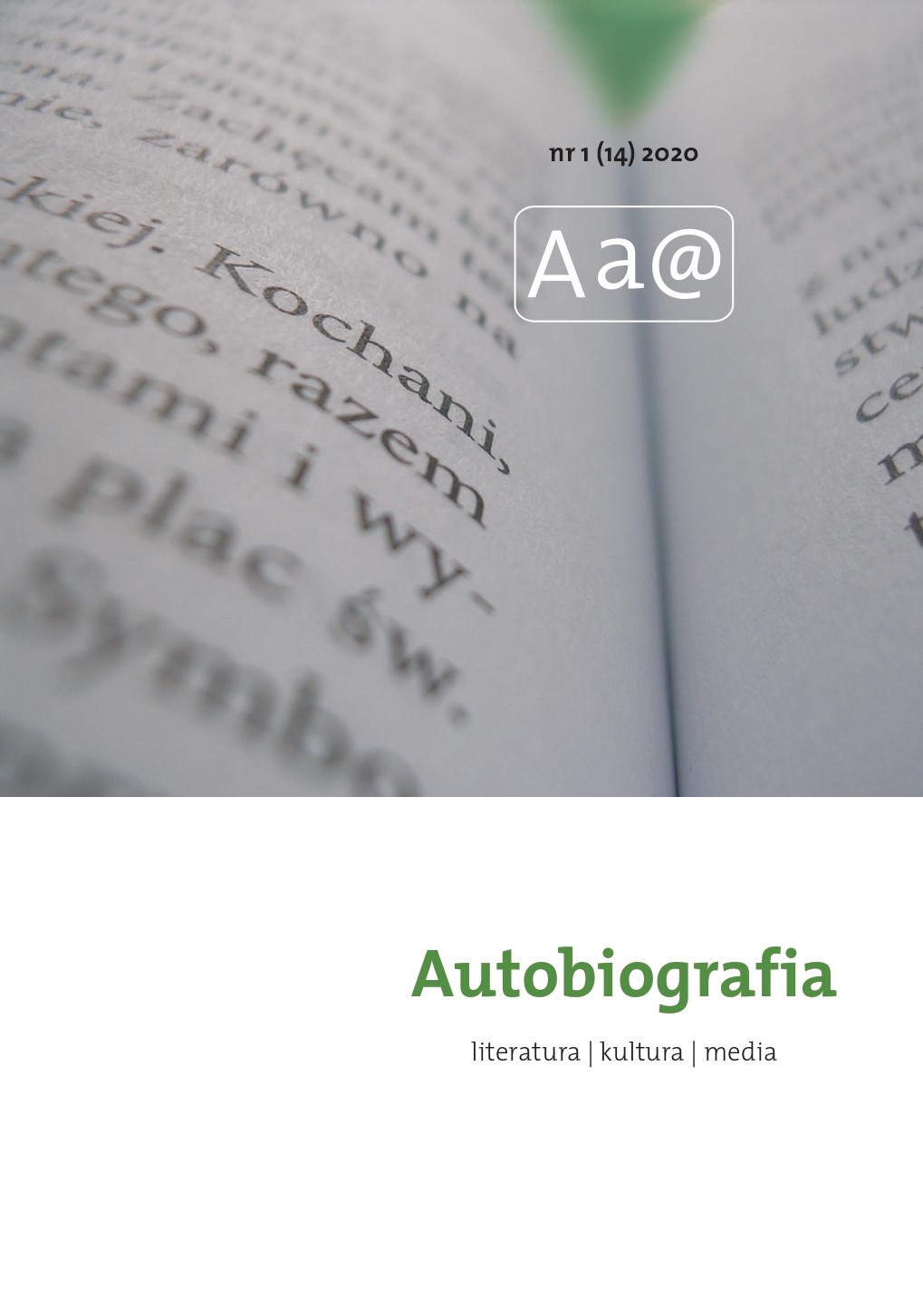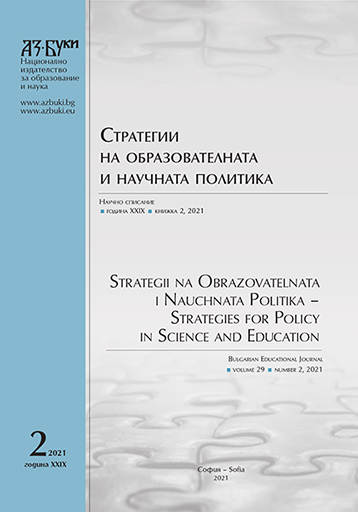
Нравствеността като изграждащ и променящ правото фактор
This article studies the specific designation of morals under the conditions of a modern society. Due to the circumstances that morals are able to overcome differences between the social regulatory systems and to unite the perceptions of a regulatory framework, they have become a major contemporary metalegal regulator. Being a significant social regulator, morals also play a mediation role between law and other social regulatory systems. In this role of theirs, they make a substantial factor having an influence on building and changing legal prescriptions. Morals are also studied as a variable in the conditions of a dynamically developing society and changing conditions of living. Some models of behaviours, which were considered to be against moral only several decades ago, are nowadays regarded as completely normal.
More...
